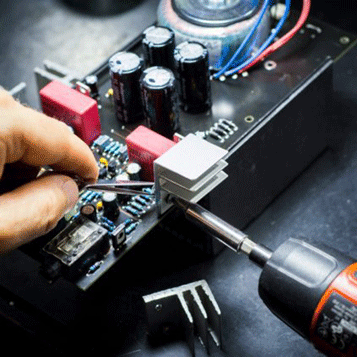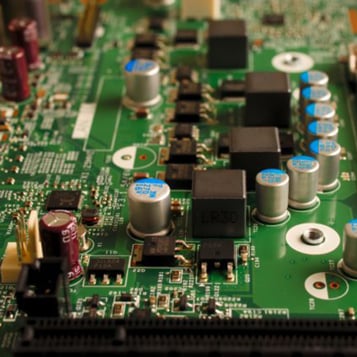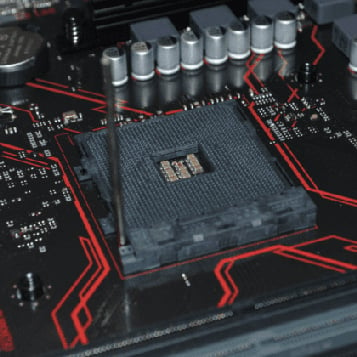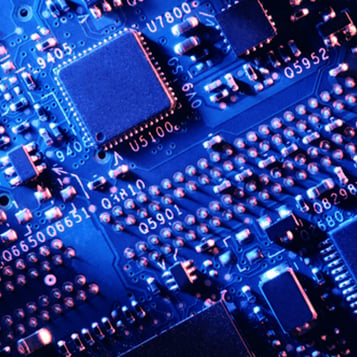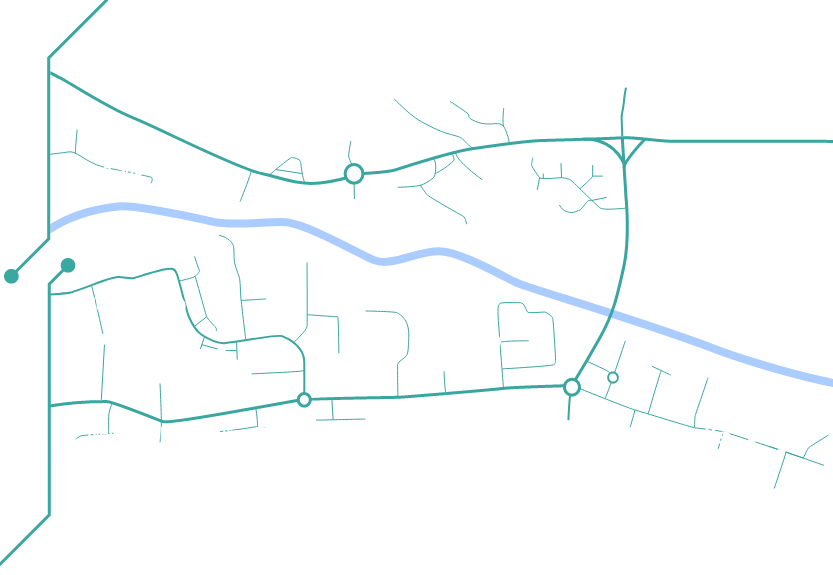The 9 stages of printed circuit board production
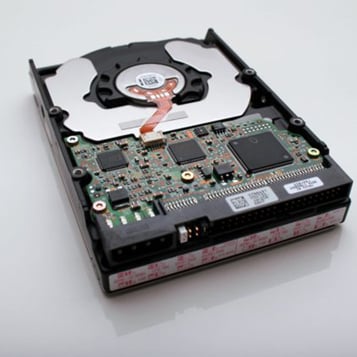
Printed circuit board production is pretty straightforward for our customers.
From the moment you pick up the phone to us or drop us a message, we’ll walk you through everything we need from you to be able to deliver your printed circuit boards quickly and cost-effectively.
However, in case you ever wondered exactly what happens once you’ve made that initial contact, here’s the printed circuit board manufacturing process from start to finish.
The PCB manufacturing process is a lengthy one, and each element of the process is essential to ensuring your PCB is reliable and robust.
1. Front end engineering
First up, our team of skilled engineers review the Gerber files to check for any potential manufacturing problems , or any ways that we can save you money or improve the effectiveness of your design. Many PCB manufacturers don’t offer this service, but we see it as part of our responsibility as your PCB production partner.
Then, using Genesis software with NC, AOI and test data, we create the tooling and plot files before sending them to the Silver Writer to laser plot the photo tools.
2. Drilling reference and tooling holes
Next up is to drill the reference and tooling holes.
These holes are essential as they help to ensure multiple layers are aligned, with good registrational accuracy.
Our drilling department has 20 drilling spindles and 8 profiling spindles, all operated by Sieb & Meyer software controllers. The drills range from 2 to 6 spindle machines – ample capacity for low, medium and higher volume orders.
3. Preparing for copper plating
The next part of the process takes place in the wet shop where we apply a horizontal direct metallisation line which creates a conductive carbon graphite layer in the holes of the PCB. We use an 8-cell copper plating line with pulse engines, and side-to-side rectification for enhanced accuracy of copper despation
4. Applying a dry film
The dry film is essential to the image transfer process. We have 2 Western Magnum Laminators that apply the dry film, which is then printed with UV exposure from our Cirgraphics vacuum frames, or using our state of the art Limata L.D.I
